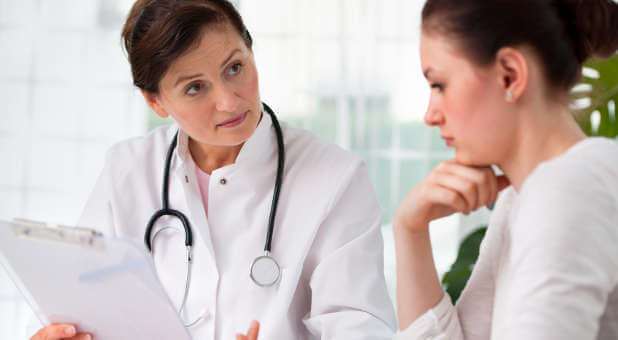Women are increasingly turning to alternative and complementary medicine to treat menopausal symptoms. In fact, new research shows about half of American women use at least some form of unconventional therapy, often without the guidance of a doctor.
The findings, published in Menopause, the journal of the North American Menopause Society, suggest that family practitioners and other health care providers educate themselves on such treatments and take a more active role in guiding patients through their options.
The researchers suggested fear of the potential risks of hormone therapy is a primary reason for the growing use of alternative medicine in recent decades.
Among the most common unconventional treatments women seek are: massage, naturopathy, herbal medicine, chiropractic or osteopathic treatments, acupuncture, vitamins/mineral supplements, yoga, meditation, aromatherapy oils and traditional Chinese therapies.
The new study estimated that 53 percent of menopausal women use at least one type of alternative therapy for the management of such menopause-related symptoms as hot flashes, night sweats, anxiety, depression, stiff or painful joints, back pain, headaches, tiredness, vaginal discharge, leaking urine and palpitations.
“There is still much to be learned in the [alternative medicine] arena and women need to understand that just because something appears natural does not necessarily mean it is without risk, especially for certain populations,” said Wulf Utian, M.D., medical director of the North American Menopause Society.
“In the meantime, this study does a good job of alerting clinicians to the growing interest in [medical] alternatives and of the critical role of health providers in helping educate patients on the potential risks and benefits of all options.”
For the original article, visit newsmaxhealth.com.














































